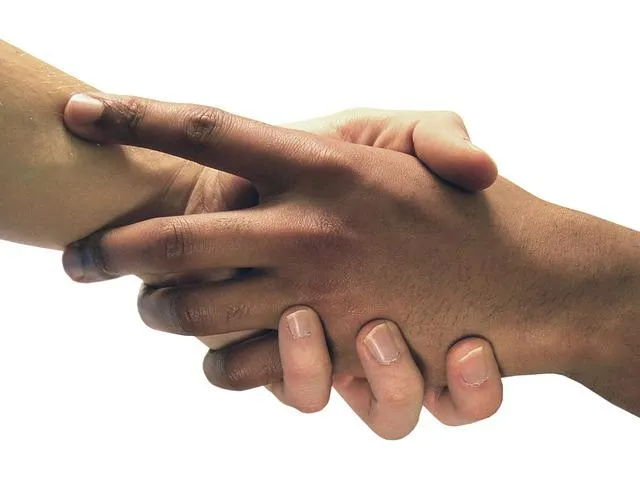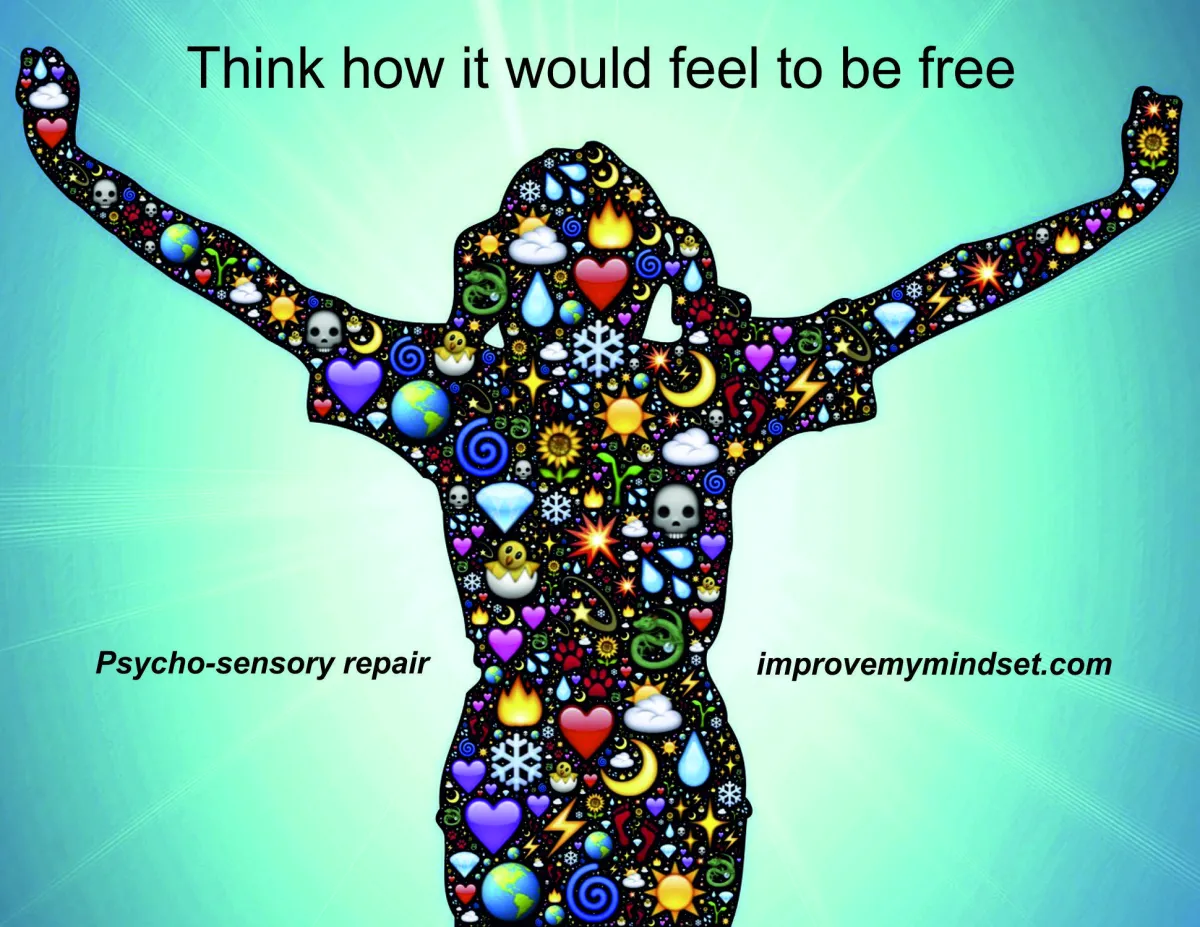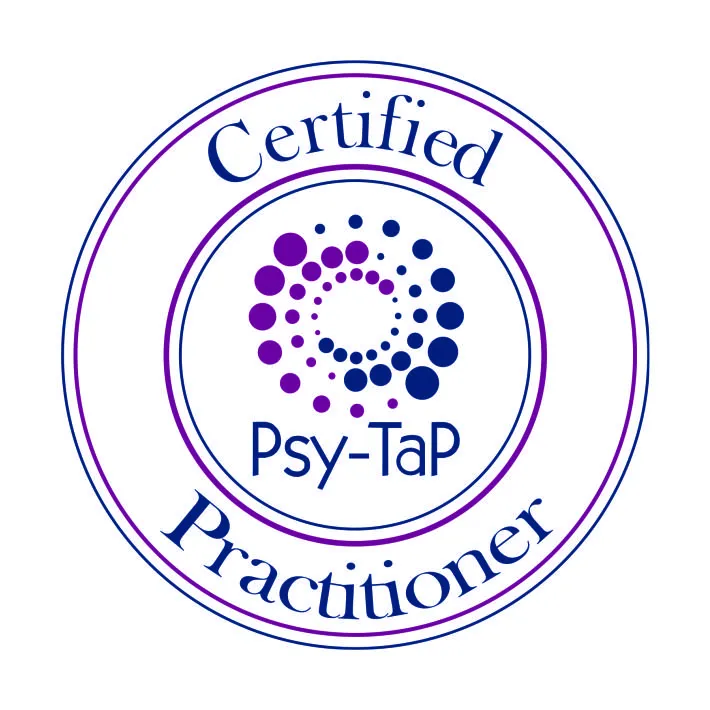Jury Service Trauma & PTSD
PTSD From Jury Duty: Recovering from the Emotional Impact of a Serious Court Case
nick @ improvemymindset.com
How To Stop Jury Service Trauma & PTSD
Trauma
PTSD
Anxiety
Jury Trauma
Witness trauma


The Hidden Cost of Jury Duty: When Civic Duty Leaves Emotional Scars
Feeling overwhelmed, anxious, or haunted by your jury duty experience? Find relief with a tailored Psy-TaP session designed to enable you release your trauma and experience quickly and effectively.
Serving as a juror is often described as a duty, a privilege — even a cornerstone of justice. But for many who have sat through harrowing trials, the emotional aftermath can be anything but empowering.
Jury duty in a serious criminal or traumatic case — such as murder, abuse, or violent crime — can leave a deep psychological imprint. The
legal system may move on, but jurors can be left behind, wrestling silently with images, emotions, and sensations that feel impossible to shake.
If you’ve experienced this… you’re not alone. And more importantly: you are not broken — your brain has simply gone through something it wasn’t prepared for. The good news is, there is a powerful solution.
PTSD After Jury Duty: A Silent and Overlooked Reality
While most discussions around post-traumatic stress disorder (PTSD) focus on soldiers, first responders, or victims of direct trauma, jury members are often the forgotten witnesses. You may not have lived the event firsthand, but the repeated exposure to disturbing testimony, photos, and evidence can still overwhelm your nervous system — especially when combined with the pressure to remain impartial, rational, and composed.
Common Signs of PTSD or Trauma After Jury Service:
Flashbacks to the case and the emotions tied to it
Intrusive thoughts about the case
Nightmares or disrupted sleep
Hypervigilance or feeling constantly on edge and easily startled
Emotional numbness or detachment
Feelings of guilt, shame, or self-doubt (“Did I do the right thing?”)
Anxiety, depression, or difficulty returning to normal life
These symptoms are not a sign of weakness and you did your civic duty. If you're feeling any of these symptoms after jury duty, it’s important to understand that you’re not alone, and what you’re experiencing is a natural response to trauma. They’re the brain’s protective mechanisms stuck in overdrive to protect you from further encounters of trauma.
There are 2 types of trauma: Direct and Secondary
Trauma can be created in 2 main ways:
Direct (Primary) Trauma - When you experience something first hand as the recipient (victim) or witnessing an event in person first-hand.
Secondary (Vicarious) Trauma - When you experience something second-hand through seeing or hearing an experience indirectly.
As a member of the jury, you may experience secondary trauma. This happens due to reading or hearing witness statements, coroner's reports, seeing graphic content of peril or distress, or hearing recordings of Emergency Services calls. Effectively you are trapped and have to encounter this against your will. You may not be properly prepared for this and may be shocked by the nature of the crime and its content. This creates distress and trauma in your brain. Due to the nature of the criminal court, you won't be able to discuss it at the time and may be on restricted communication for the duration of the proceedings.
What happens next?
By law, as a juror, you can not discuss a case and so very often a juror will keep their experience 'bottled up', which can increase the distress encountered. The court service may offer the opportunity of some Counselling in relation to your situation. This will likely be a phone call consultation and the quantity of sessions available through the court service may vary.
Why Traditional Therapy May Not Be Enough
Many people who experience trauma after jury service may seek traditional mainstream therapy such as counselling or CBT. While these can be helpful and 'ease the moment' while you talk (a talking therapy), they often fail to address the specific needs of trauma caused by indirect exposure — like that experienced in a courtroom. Talking therapies (for many people and in my professional experience) fail to release your brain's trauma. Traditional therapies may take months or even years to provide the possibility same level of relief that Psy-TaP offers in a single session. Watch the video about 'The Trauma Tree' to understand more about how the brain responds to trauma, how trauma then manifests in your life and how the Psy-TaP method releases that trauma rapidly and effectively.
The power of Psy-TaP
What sets Psy-TaP apart from the mainstream methods is its ability to target the emotional root cause of the trauma, gently releasing it without the need to retell distressing details of the case. This means that you don't have to discuss the case and you don't have to recount your trauma over and over again which often happens with talking therapies.
Psy-TaP has been successfully used for people who have encountered severe trauma and PTSD including those who have been witness to atrocities. The rapid nature of Psy-TaP enables trauma to be released often in just one session. Contrary to common belief, trauma and PTSD can be rapidly eradicated or alleviated and doesn't have to be considered a long-term or permanent 'mental illness'.
The beauty and power of Psy-TaP, along with the empathy, understanding and skillset of Nick Warburton, means that you can work with Nick with the assurance that he has your best interest as a primary concern. Nick has worked with many people both in the UK and overseas with great success to release trauma and anxiety. Furthermore, you can work with Nick from the safety and comfort of your own home, as Psy-TaP is just as rapid and effective via video call such as Zoom.
Why choose Nick Warburton for your post-Jury Service Recovery
As a certified Psy-TaP Practitioner, Nick specialises in assisting people quickly to release trauma and anxiety. With extensive experience working with clients from all walks of life, he's here to guide you through a safe, non-invasive process that ensures lasting relief from PTSD.
Online convenience — No need to travel. Sessions are conducted via secure video call, meaning you can receive Psy-TaP wherever you are located.
Effective results — Most sessions take just 90 minutes and can provide immediate relief.
Empathetic, understanding care — Nick Warburton creates a safe and supportive environment for you to heal at your own pace.
Let's work together
If you're ready to take the next step toward recovery, Nick is here and ready to assist you.
Have questions? Not sure if this is right for you? Feel free to get in touch. Nick offers a free 20 mins Discovery Call via video call to help determine if Psy-TaP is the best fit for your needs and the best solution for you.
Contact Nick today:
Email: nick @ improvemymindset.com
Phone: 0844 357 92 92






